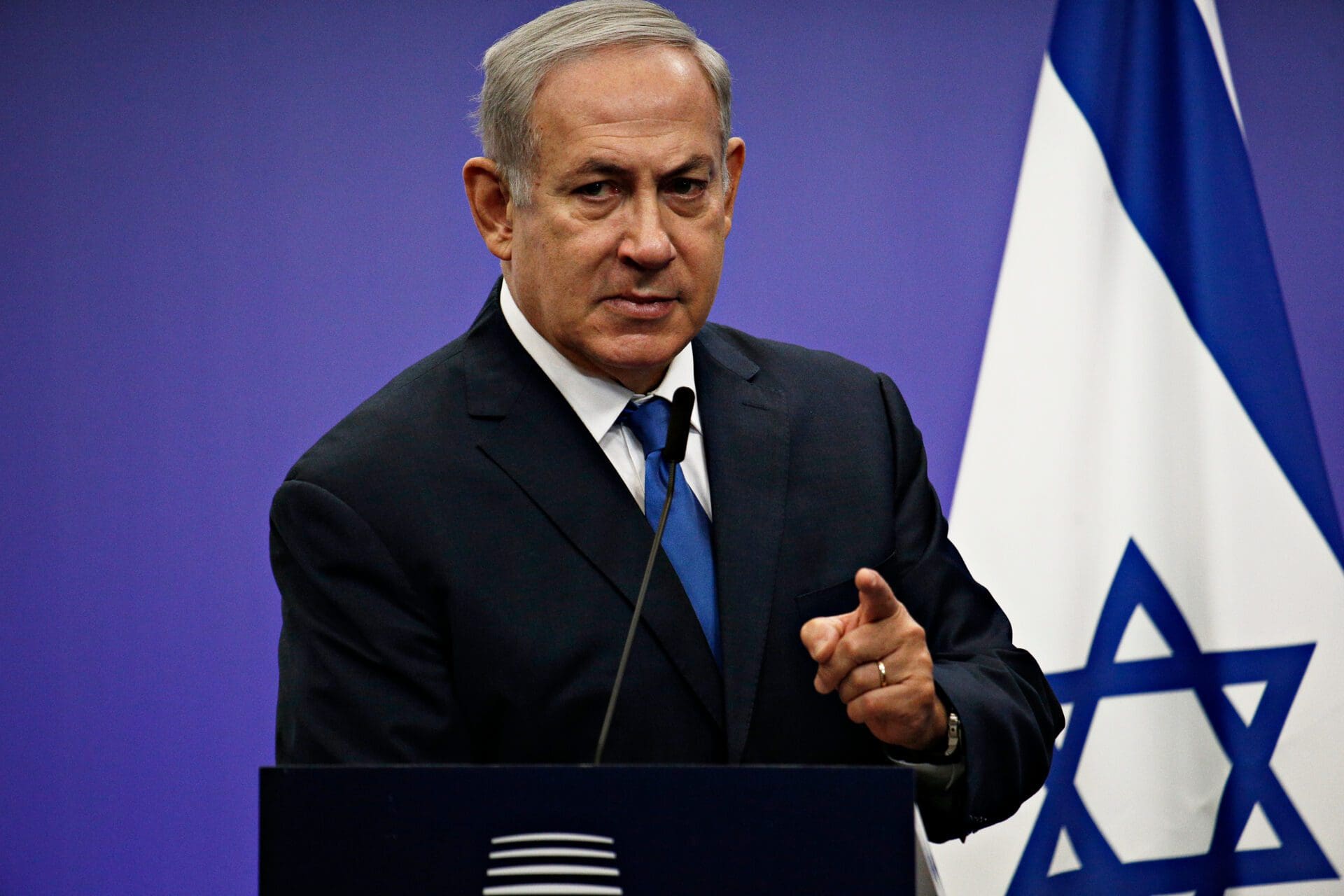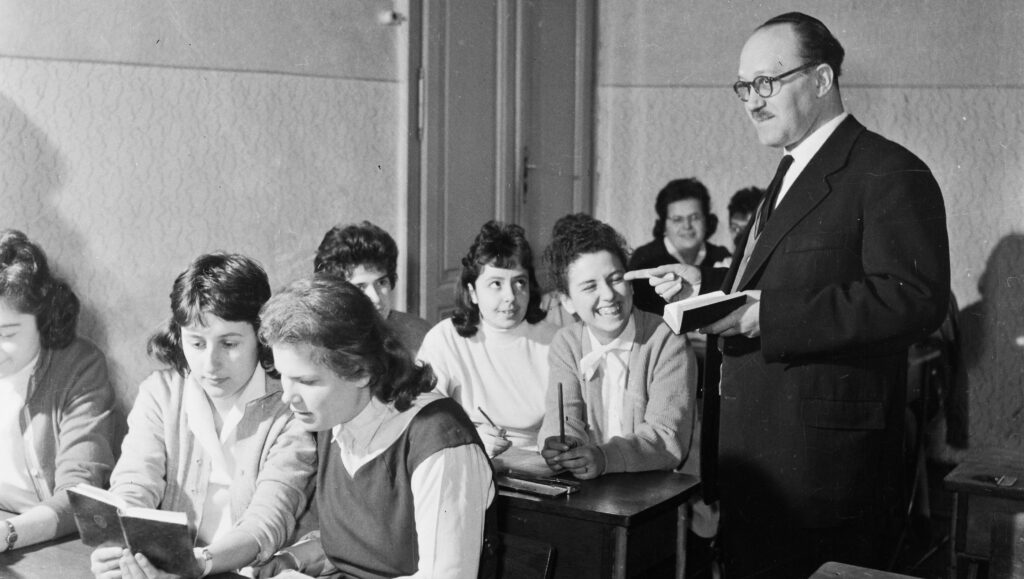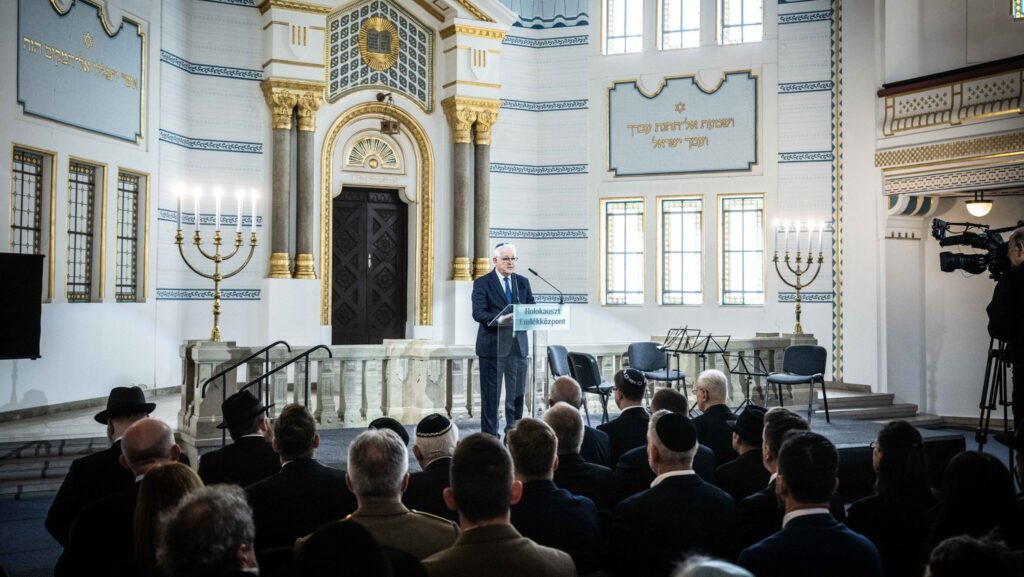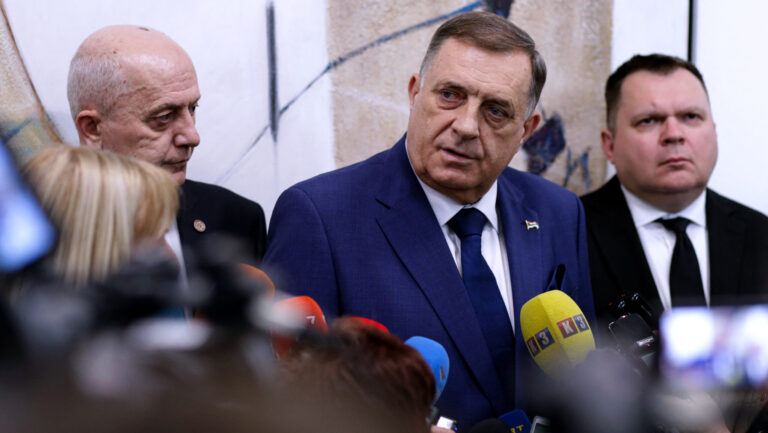New Government Likely to Have Stable Majority
Based on over 85 per cent of the votes counted, right-wing Likud can expect to win 31–32 mandates in the 120-member Knesset, while the Yesh Atid party, which is led by the current and first Israeli prime minister of Hungarian descent, Yair Lapid, is predicted to finish second with 24 mandates. There is general consensus that the Israeli parliamentary election was really a vote on whether to reinstate or remove for good the former prime minister, Benjamin Netanyahu. After twelve years in office, Netanyahu was ousted from power last year.
‘The great victory is almost here,’ was his message to his Jerusalem-based supporters.
By ‘great victory,’ he primarily meant his own election to the Knesset, where he may anticipate a stable majority of 61–65 seats with his coalition allies. 13 gatherings in total, including three Palestinian ones, participated in the election on 1 November, but it appears that only ten will pass the 3.25 per cent threshold.
The far-right, nationalist Religious Zionism party, whose leaders are infamous for their anti-Arab rhetoric and for urging the deportation of ‘disloyal’ politicians and people, is a necessary partner for Netanyahu and Likud to secure a parliamentary majority. According to CNN, the newly elected government will be the most right-wing in Israel’s history if Shas and United Torah Judaism are included in the coalition as predicted. Approximately 50 mandates are expected to go to the incumbent prime minister, Yair Lapid, and his allies. Voter turnout was the highest since 2015, at just over 71 per cent. More people cast ballots in this election than in the previous four in the preceding three and a half years, all of which ended in impasses or one-term governments.
As Netanyahu and his wife Sarah arrived at Likud’s election headquarters at 3 a.m. local time, he told his jubilant supporters ‘We have won incredible trust from the people of Israel.’
A Big Comeback for Bibi
The winner’s nickname, Bibi, was chanted earlier on in the celebration, and a person even repeatedly blasted the shofar, a traditional Jewish instrument made of a ram’s horn that is only used on special occasions. According to Yair Lapid, the current prime minister, his centre-left party Yesh Atid is awaiting the announcement of the final results, and ‘nothing has been determined.’
Benjamin Netanyahu is one of Israel’s most divisive political figures. He is viewed as controversial by many, is despised by the left and centre parties, but loved by Likud supporters and has a. He is an advocate for expanding Israeli settlements in the occupied West Bank, which according to international law is unlawful, but Israel disagrees. Netanyahu is a staunch opponent prevention of Palestinian sovereignty west of the Jordan River. When elected, 70-year-old Netanyahu will become Israel’s longest-serving prime minister, who has dominated Israeli politics for a decade.
Yet he is also faced with charges of bribery, fraud, and embezzlement, which he resolutely refutes. His coalition partners in the would-be Likud-led government have pledged to change the law and put an end to the proceedings against him. The most powerful of Likud’s allies is the Religious Zionism party, which expects to gain 14 seats and has comes in third, having more than doubled its popularity since the last election.
Netanyahu has nevertheless cautioned his supporters, stating ‘I’m not prime minister yet’.
Hungarian Support
The Benjamin Netanyahu-led Likud party and Hungary’s ruling Fidesz are known to be close allies. Prime Minister Orbán and Benjamin Netanyahu also have an excellent personal relationship. In October 2020, then PM Netanyahu said that the partnership between Israel and Hungary had brought the two governments and nations closer together than ever before.
‘A stable Israeli administration under Benjamin Netanyahu and a victory of the US Republican Party in the midterm elections would be a bright and promising development for peace in the Middle East,’ said Péter Szijjártó, Hungary’s minister of foreign affairs and trade, on Wednesday in Jordan. The minister expressed his support for the ‘real prospect’ of Netanyahu’s return to power during the opening panel discussion of the Amman Security Forum. He cited the fact that Netanyahu was a signatory of the Abraham Accords, improving relations between Israel and several Arab nations, as a reason why his election victory was particularly good news. Szijjártó stated in his remarks that it is crucial to continue the Middle East peace process that former US President Donald Trump started, particularly because the security environment there directly affects the security of Europe.
Recently, Hungarian conservative weekly Mandiner published an interview with Ofir Haivry, vice president of the Herzl Institute in Jerusalem, regarding the Israeli elections. In the interview, Haivry stressed: ‘I haven’t personally encountered anti-Semitism here in Hungary, especially not in the executive branch or in any ministries. For Israelis, it is bizarre that Hungary is being accused of that when Jews are being attacked openly in French cities.’
He observed that French Jews need to conceal their kippahs in the street with caps or hats to prevent abuse they would likely face. Despite the fact that according to a study by Tel Aviv University physical attacks against Jewish communities have sharply increased globally in recent months, Hungary continues to be one of the safest countries in Europe for Jews.
Related Articles:








